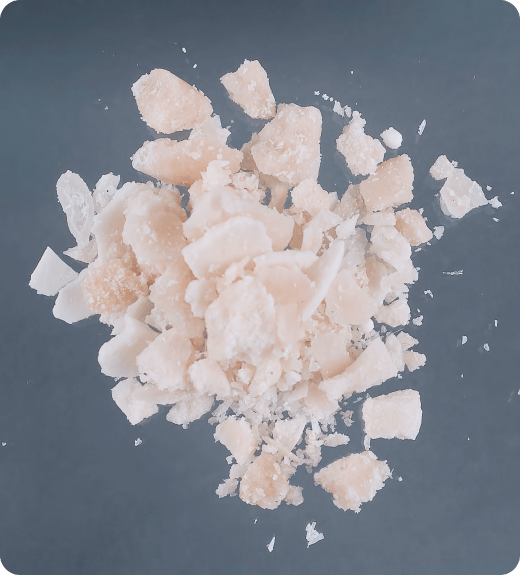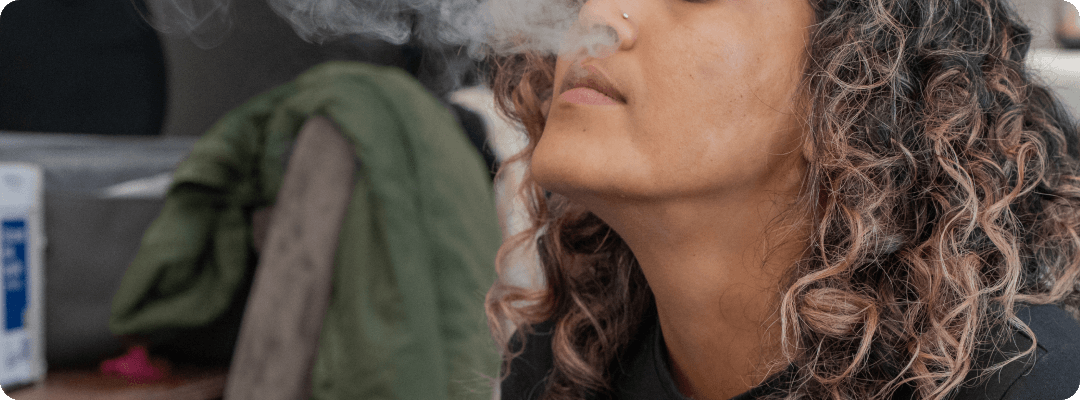
What Is crack cocaine?
Crack cocaine, derived from processed cocaine using substances like ammonia or baking soda, is highly addictive due to its rapid onset and intense dopamine release. This results in immediate cravings and a cycle of seeking the initial rush of energy and euphoria. Recovery from crack cocaine addiction requires comprehensive treatment from specialized rehabilitation facilities like Silver Linings Recovery Center.
History of Crack Cocaine
Crack cocaine emerged in the early 1980s as a potent and inexpensive form of cocaine, primarily in urban areas of the United States. Its origins trace back to the conversion of powder cocaine into small, smokable rocks using baking soda and water, a process that significantly lowered production costs. Crack’s affordability and intense, short-lived high made it highly attractive, leading to rapid widespread use and addiction. The epidemic peaked in the mid-1980s to early 1990s, devastating communities and contributing to a surge in crime and violence. This period saw a significant increase in law enforcement and legislative efforts to combat the crisis, including the controversial Anti-Drug Abuse Act of 1986, which imposed severe penalties for crack cocaine offenses. The social, economic, and health impacts of crack cocaine continue to be felt, highlighting the need for ongoing public health and policy interventions.
Effects of Crack Cocaine Use
The effects of crack cocaine are profound, impacting both physical health and mental well-being. The drug’s intense stimulation of dopamine production in the brain can lead to heightened alertness, agitation, and paranoia. Prolonged use contributes to serious health risks such as cardiovascular damage, respiratory issues, and significant mental health challenges.
Mental Health Considerations
Crack cocaine addiction often co-occurs with underlying mental health conditions or exacerbates pre-existing ones. Many individuals turn to drugs as a means of coping with conditions like depression, anxiety, trauma, or personality disorders. Addressing these mental health issues concurrently with addiction treatment is critical for sustainable recovery.
Signs and Symptoms of Crack Cocaine Addiction
Recognizing the signs of crack cocaine addiction is essential for early intervention and effective treatment. Crack cocaine, a potent form of cocaine, can rapidly lead to addiction, with a wide range of behavioral, physical, and psychological symptoms. Understanding these signs can help individuals and their loved ones seek the necessary help promptly.
Behavioral Changes
Physical Symptoms
Many people tend to abuse cocaine to better perform mentally and physically. Others might feel the opposite effects. Large doses of cocaine can cause strange, and violent behavior. The short-term effects of cocaine include:
- Mental alertness
- Irritable behavior
- Extreme shifts in mood (happiness and energy)
- Paranoia (distrust towards those around you)
- Hypersensitive to sight, sound, and touch
Psychological Signs
Many people tend to abuse cocaine to better perform mentally and physically. Others might feel the opposite effects. Large doses of cocaine can cause strange, and violent behavior. The short-term effects of cocaine include:
- Mental alertness
- Irritable behavior
- Extreme shifts in mood (happiness and energy)
- Paranoia (distrust towards those around you)
- Hypersensitive to sight, sound, and touch
Importance of Early Intervention
Many people tend to abuse cocaine to better perform mentally and physically. Others might feel the opposite effects. Large doses of cocaine can cause strange, and violent behavior. The short-term effects of cocaine include:
- Mental alertness
- Irritable behavior
- Extreme shifts in mood (happiness and energy)
- Paranoia (distrust towards those around you)
- Hypersensitive to sight, sound, and touch
Crack Cocaine Addiction Rehabilitation

Detoxification
The initial phase of recovery involves detoxification, where medical professionals manage withdrawal symptoms like intense cravings, anxiety, and depression. Inpatient detox programs at Silver Linings Recovery Center ensure safety and support throughout this challenging process.
Medical and Mental Health Evaluation
Comprehensive assessments are conducted to identify underlying health conditions and mental health disorders contributing to addiction. Dual diagnosis treatment is offered to address these co-occurring issues simultaneously, enhancing overall recovery outcomes.
Therapeutic Support
- Individual Therapy: Personalized counseling sessions help individuals explore underlying triggers, develop coping strategies, and rebuild self-esteem.
- Group Therapy: Peer support groups provide a sense of community and shared experiences, fostering empathy and accountability among participants.
- Family Therapy: Involves loved ones in the recovery process, addressing family dynamics and strengthening support networks crucial for long-term sobriety.
Holistic Wellness Development
- Healthy Lifestyle Promotion: Encourages engagement in physical activities, creative pursuits like art or music, and other positive behaviors that promote well-being.
- Nutritional Counseling: Focuses on restoring physical health through balanced nutrition and wellness education.
- Mindfulness and Stress Management: Teaches techniques to manage stress, reduce cravings, and cultivate mindfulness as a tool for long-term recovery.
Ongoing Support and Aftercare
- Transitional Housing: Provides a supportive environment post-rehabilitation to ease the transition back into daily life while maintaining sobriety.
- Outpatient Programs: Offers continued therapy, support group participation, and access to community resources to sustain recovery progress.
- Alumni Programs: Engages individuals in ongoing support networks and activities to reinforce sobriety and prevent relapse.